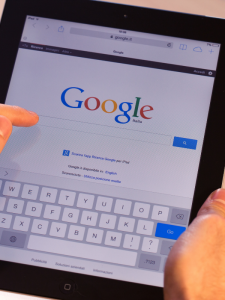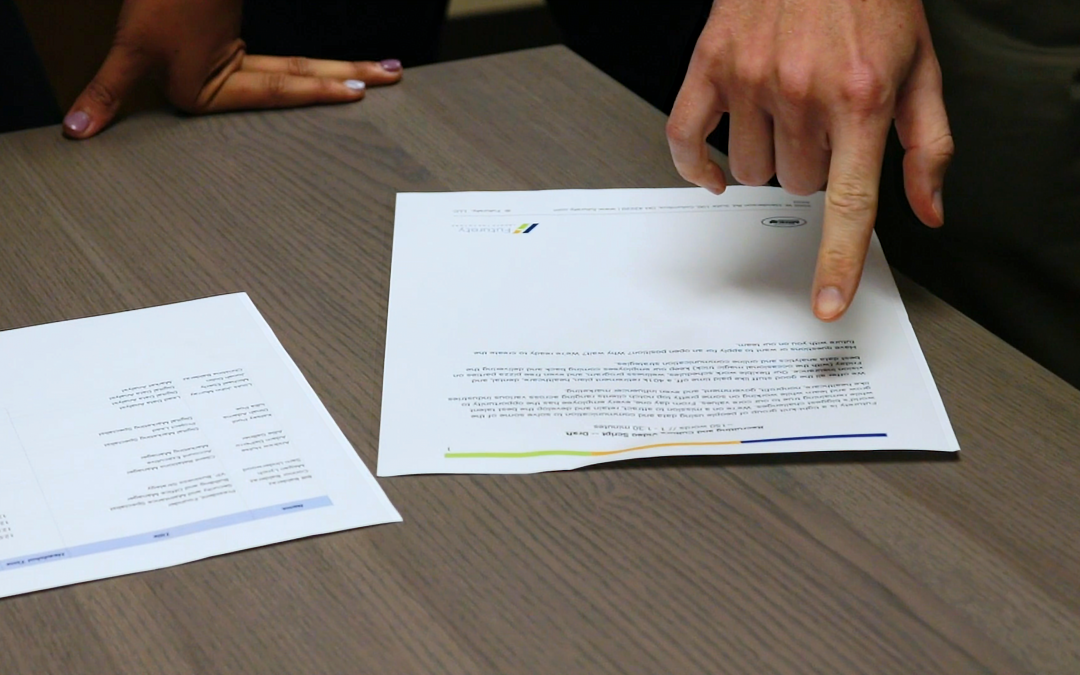Before starting a paid marketing campaign, it’s important to choose the platform best suited for your business, so let’s break down the difference between Google Ads vs Facebook Ads. Each platform is unique in their own ways and provides different benefits and values. Let’s find out what they are:

Google Ads
allow for search, display, video, shopping, and app ads. Google Search and Shopping are best used for when buyers are actively searching, whereas display, video and app ads are best utilized for creating awareness.
Facebook Ads
allow for News Feed, Instagram Feed, Marketplace, Video Feeds, Right Column, Audience Network, and Messenger ads. Unlike Google, Facebook ads are best for creating awareness and getting in front of an audience without them searching for keywords.
Great, but which one should I choose? Let’s find out which platform might be best for your business.
Audience Size
for Google handles nearly 5.8 billion searches per day. However, even with a large amount of daily searches, none of those actually matter if people aren’t searching for the right keywords. On the other hand, Facebook has around 1.73 billion users per day. The likelihood is that your target audience is on both of these platforms, so audience size alone shouldn’t be the deciding factor for choosing the right platform.
Cost & ROI
is an important consideration factor. Overall, Google tends to be more expensive than Facebook but can vary like crazy across all industries. The biggest difference in cost comes with CPC as CPM is relatively similar. Although Facebook is cheaper, it also varies by industry and placement. Another determining factor with cost is ROI – looking at CPA will help determine your return on investment. Again, Google Ads come at a higher cost than Facebook. The average CPA for Google across all industries is $48.96 for search and $75.51 for display, while Facebook’s average CPA for all industries is $18.68.
Buyer Intent
tends to favor Google for most industries. People tend to search for their product or service when they’re making a purchase and chances they remember an ad they saw a month ago are slim. Another advantage for Google is conversion time. Although Facebook ads can generate purchases, it tends to be much faster getting people to convert on Google compared to Facebook.
 Targeting Options
Targeting Options
on both Google and Facebook give options for targeting and retargeting specific audiences. On both platforms, you can target by age, gender, location, etc. As of right now, Facebook dives further into custom audiences by being able to target based on interests and behaviors from the information they collect. However, their January 2022 ad targeting update will most likely change this.
Which Platform Should You Choose?
This is the million dollar question and the answer can be simplified by breaking down your goals:
- If you’re trying to drive conversions, Google may be the answer.
- If you’re trying to drive brand awareness would favor Facebook.
With that being said, think about Google Ads and Facebook Ads instead of Google Ads vs Facebook Ads. Combining the two platforms to create a full SEM strategy has shown to work best. For more information contact Futurety Digital today!
